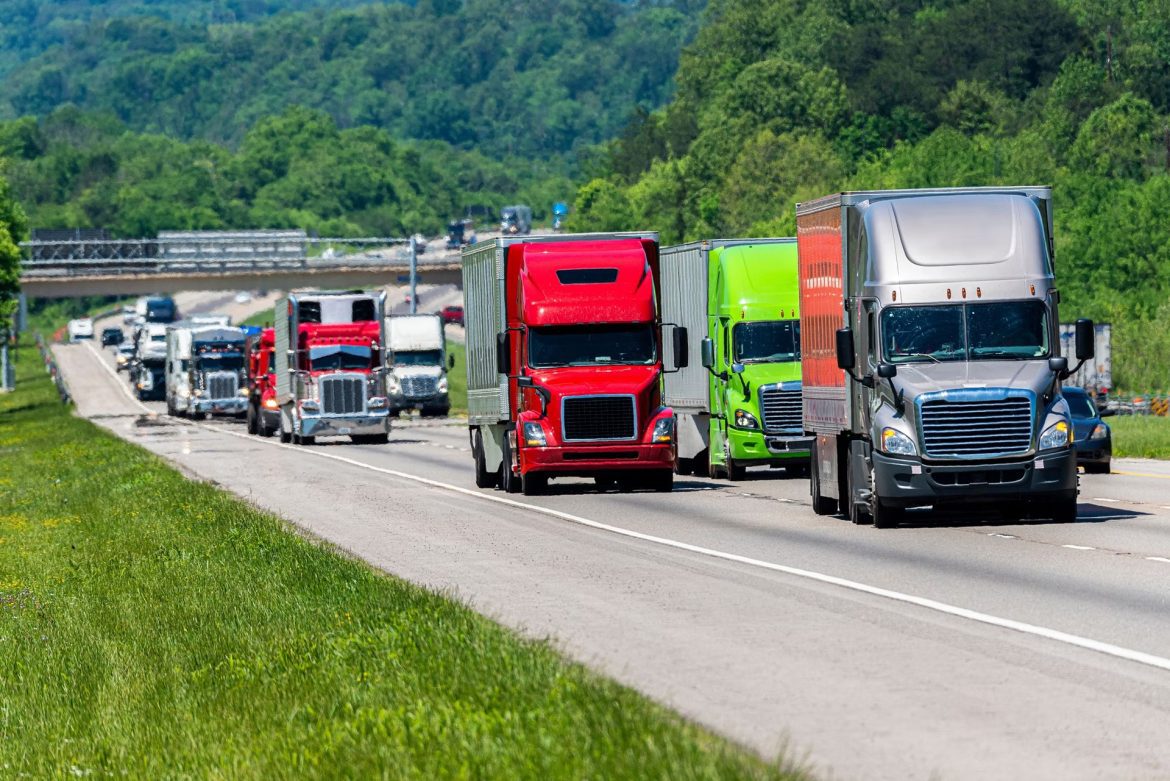In a significant and controversial move, the Trump administration’s Environmental Protection Agency (EPA) has ordered a review of California’s long-standing authority to set its own vehicle emissions standards. This policy has allowed the state to enforce stricter environmental regulations than those mandated at the federal level. This decision has reignited the debate over states’ rights, environmental protection, and the federal government’s role in regulating pollution.
The Background: California’s Unique Waiver
Under the Clean Air Act, California has historically been granted a waiver to set its own vehicle emissions standards, which are often more stringent than federal requirements. This special provision was included in the legislation due to the state’s unique air quality challenges, particularly in cities like Los Angeles, which have long struggled with smog and pollution. Other states can adopt California’s standards, creating a de facto national standard that often pushes automakers to produce cleaner vehicles.
Over the years, California’s waiver has been a cornerstone of the state’s efforts to combat climate change and reduce greenhouse gas emissions. The state has promoted electric vehicles, fuel efficiency, and other environmentally friendly technologies. However, this autonomy has also put California at odds with the federal government, particularly under the Trump administration, which has sought to roll back environmental regulations.
The Trump Administration’s Stance
The Trump EPA’s decision to review California’s waiver is part of a broader effort to weaken federal environmental regulations. The administration has argued that uniform national standards are necessary to provide consistency for automakers and to prevent a patchwork of state regulations. In 2018, the Trump administration announced plans to freeze fuel efficiency standards at 2020 levels, reversing Obama-era rules that would have required automakers to improve fuel economy and reduce emissions by 2025 significantly.
California and a coalition of other states have vowed to fight these rollbacks in court. The state’s waiver is critical for maintaining its ability to address climate change and protect public health. Critics of the Trump administration’s move argue that it is an overreach of federal power and an attack on states’ rights.
The Implications of the Review
Reviewing California’s waiver could have far-reaching consequences for the environment and the auto industry. If the EPA revokes or limits California’s authority, it could undermine the state’s ability to enforce its emissions standards, potentially leading to increased greenhouse gas emissions and air pollution. This could also create uncertainty for automakers, who have invested heavily in developing cleaner vehicles to meet California’s standards. The potential loss of a large market for their vehicles and the need to adapt to different standards in different states could significantly impact their operations and costs.
Environmental groups have condemned the move, arguing that it prioritizes the interests of the fossil fuel industry over public health and the environment. “This is yet another attempt by the Trump administration to undermine efforts to combat climate change and protect clean air,” said Gina McCarthy, a former EPA administrator under President Obama. “California has been a leader in reducing emissions and improving air quality, and this decision threatens to roll back decades of progress.”
On the other hand, supporters of the Trump administration’s decision argue that it will reduce regulatory burdens on automakers and make vehicles more affordable for consumers. They contend that California’s stricter standards have forced automakers to produce more expensive cars, which can financially burden low- and middle-income Americans.

Legal and Political Battles Ahead
The review of California’s waiver will likely spark a protracted legal battle. California Attorney General Xavier Becerra has already signaled that the state will defend its authority in court. “California won’t wait for permission from Washington to protect the health and safety of our people,” Becerra said in a statement. “We’ll continue to lead the charge against this administration’s reckless attacks on our environment.”
The outcome of this legal fight could have significant implications for the balance of power between states and the federal government. It also raises questions about the future of environmental regulation in the United States, particularly as the country faces growing challenges related to climate change.
Conclusion
The Trump EPA’s decision to review California’s emissions waiver is pivotal in the ongoing debate over environmental policy and states’ rights. While the administration argues that it seeks to streamline regulations and support the auto industry, critics see it as an attack on California’s ability to protect its residents and lead the nation in the fight against climate change. As the legal and political battles unfold, the outcome of this review will have lasting consequences for the environment, public health, and the future of clean energy in the United States.


